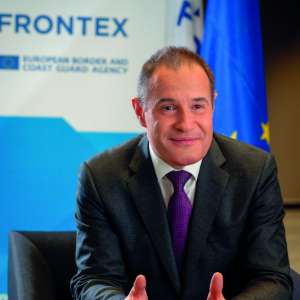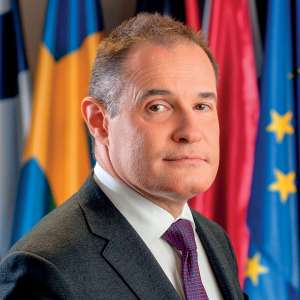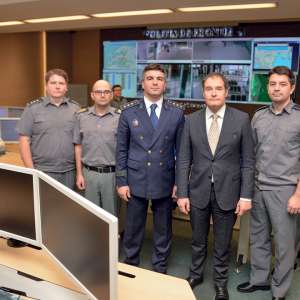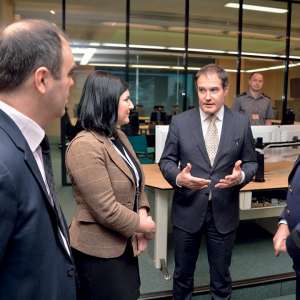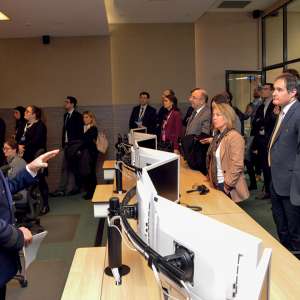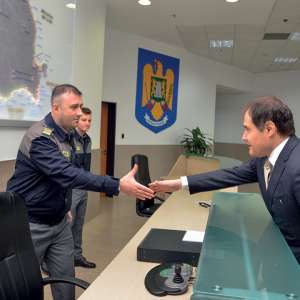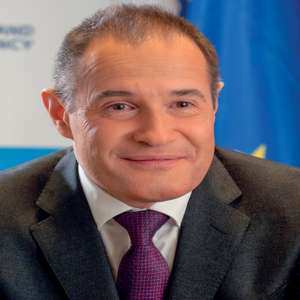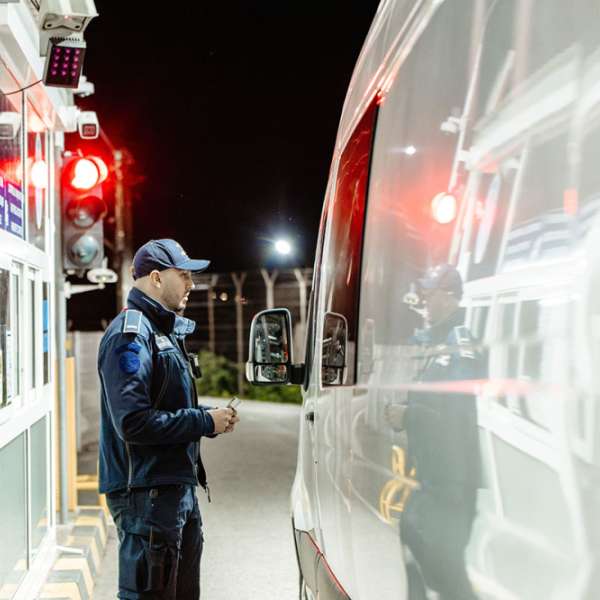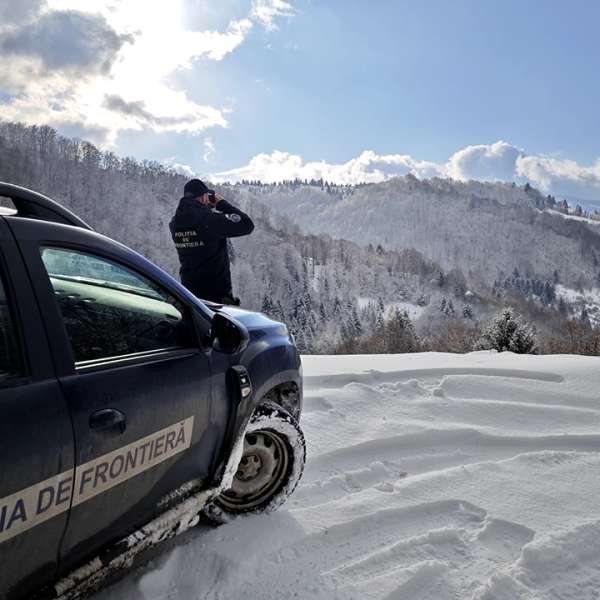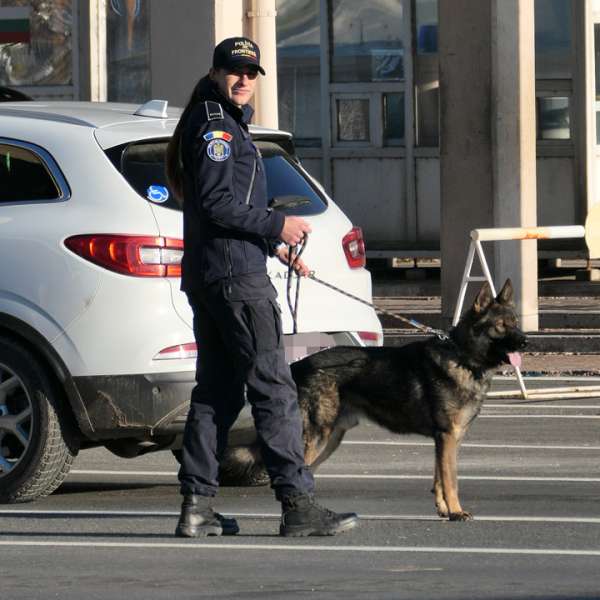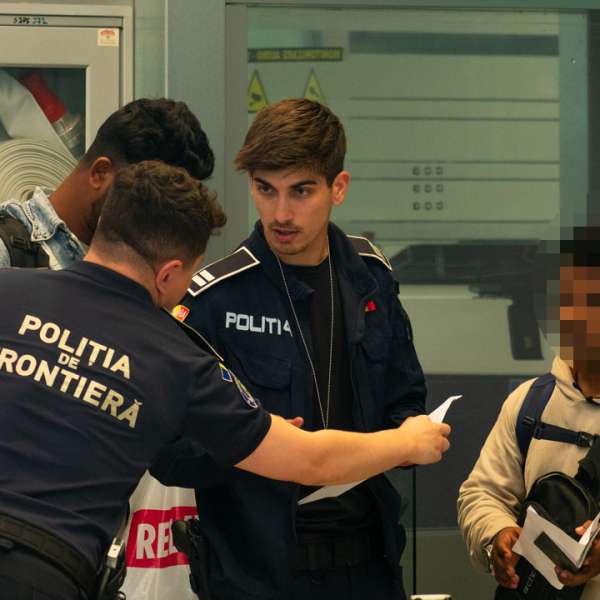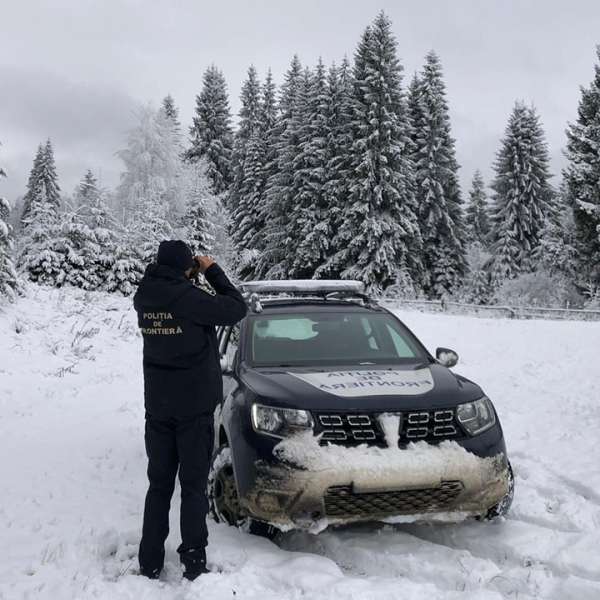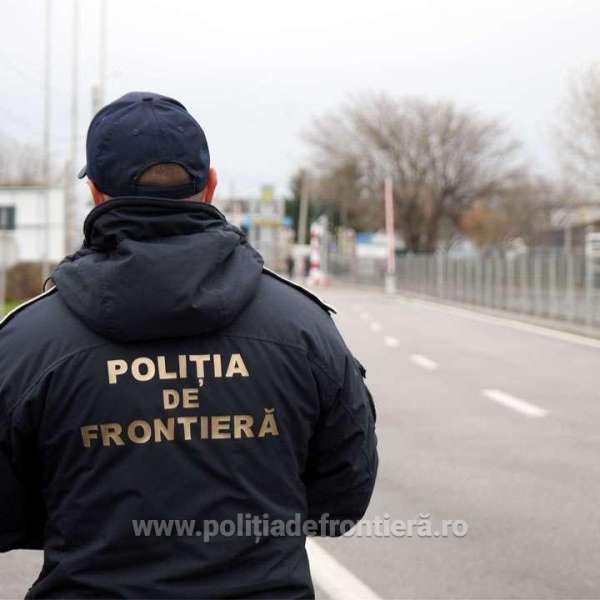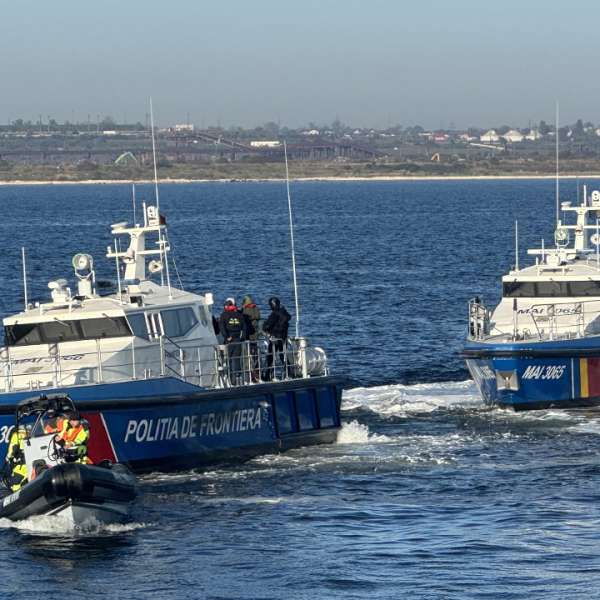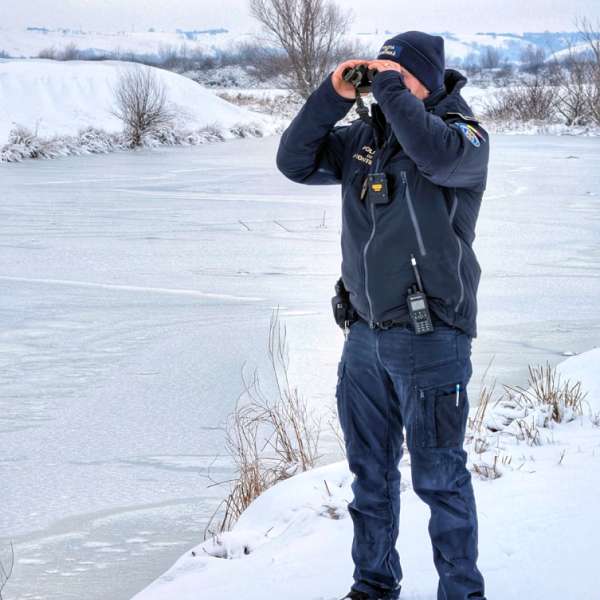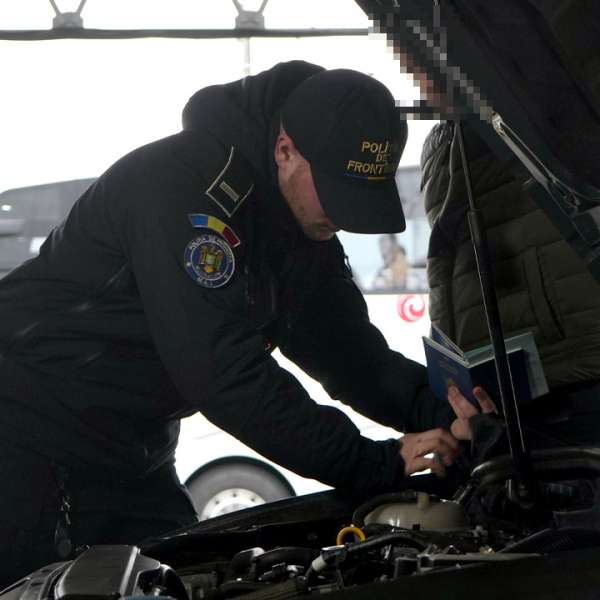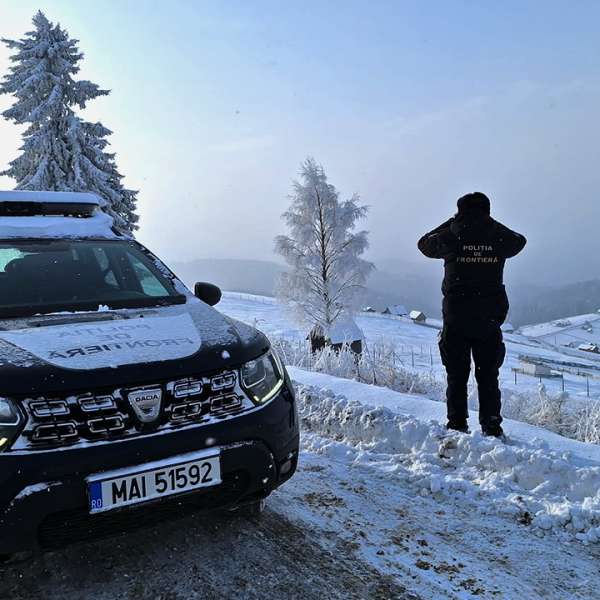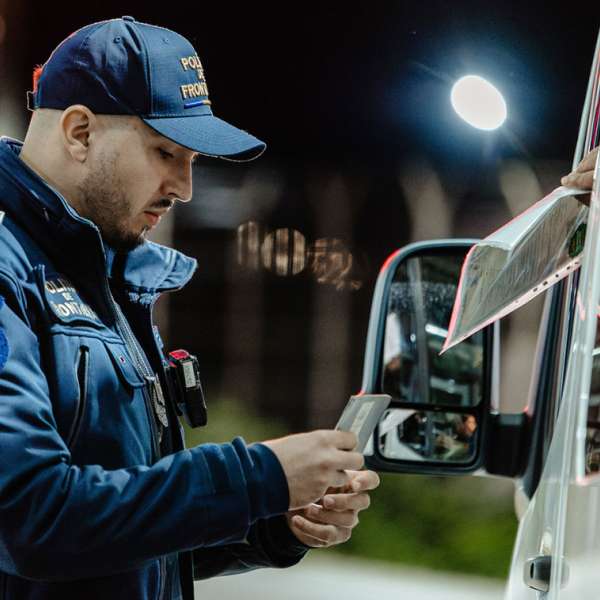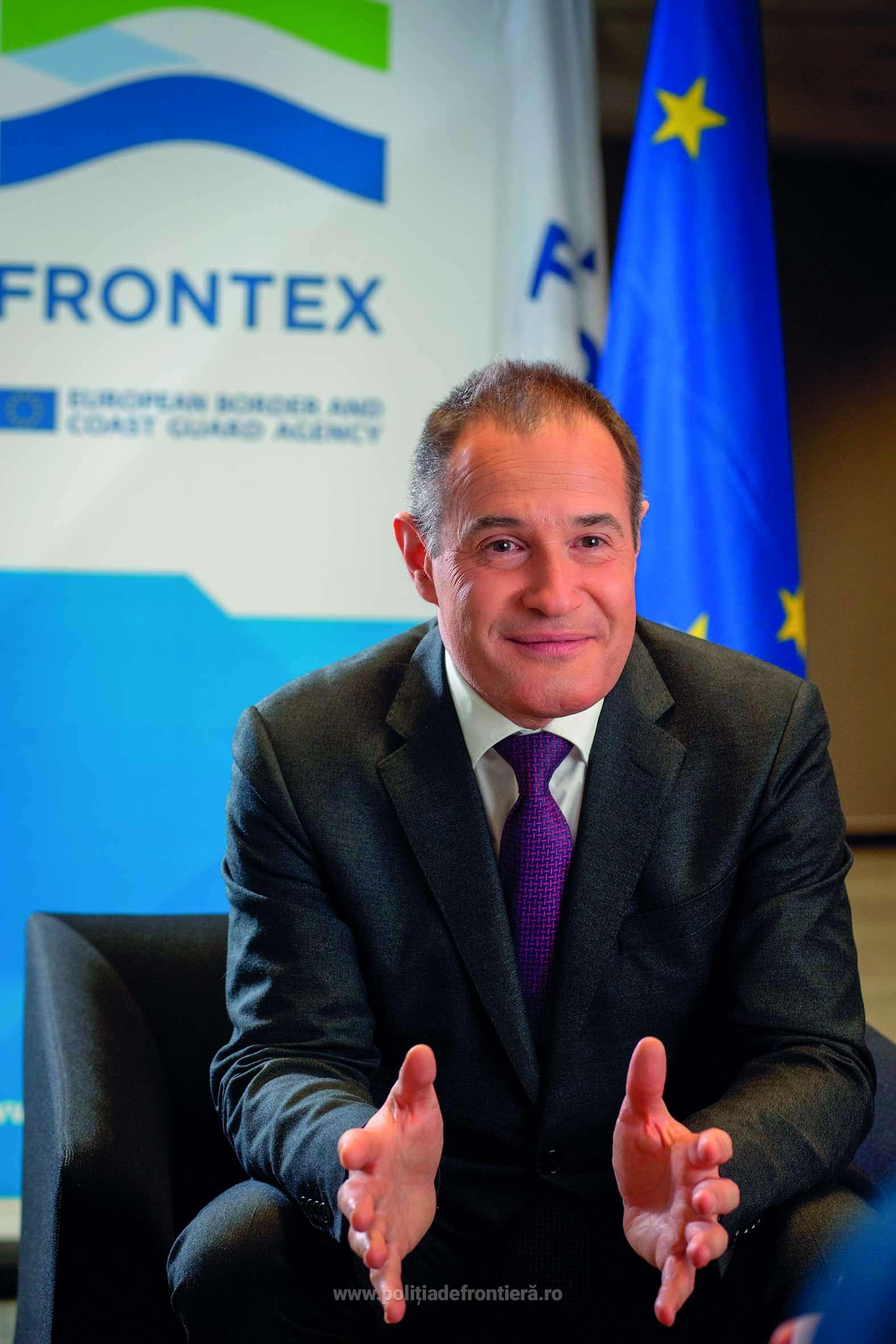
What are the current challenges the Frontex Agency faces?
The one unchanging fact is that everything changes. This is certainly true for Frontex. In October 2016 Frontex took on new tasks and gained new powers as the European Border and Coast Guard Agency. This, in itself, was an answer to the many challenges following the migration crisis in 2015, where we saw more than a million migrants at EU borders.
The new regulation that came into force in 2016 also paved the way to our expansion. Now we have more than twice the number of staff than we did just two years ago. We have more officers from Member States taking part in our operations. We have more equipment that we either lease or buy, instead of asking Member States for all of it. We do a lot more, including the annual vulnerability assessment, which is kind of like a health check of border management.
We have answered the call and stepped up. But we can’t rest on our laurels. We are about to go through another transformation. Thanks to the EBCG 2.0 Regulation, which was agreed during the Romanian Presidency of the European Council, Frontex will become a much more operational agency. We will be able to count on a standing corps of 10 000 officers.
This, as you can imagine, brings many challenges that we are now considering. We need to recruit these officers, train them.
We need to work together attract the best candidates. It is indeed a challenging job to deal with mixed migratory movements which are here to stay, prevent threats to the EU internal security or manage the situation in overcrowded BCPs.
The new regulation indicates that the Agency must reinforce, coordinate and assess Member States’ actions. But it is important to highlight that the nature of the relationship between Agency and Member States does not change and the Agency will not substitute the national authorities.
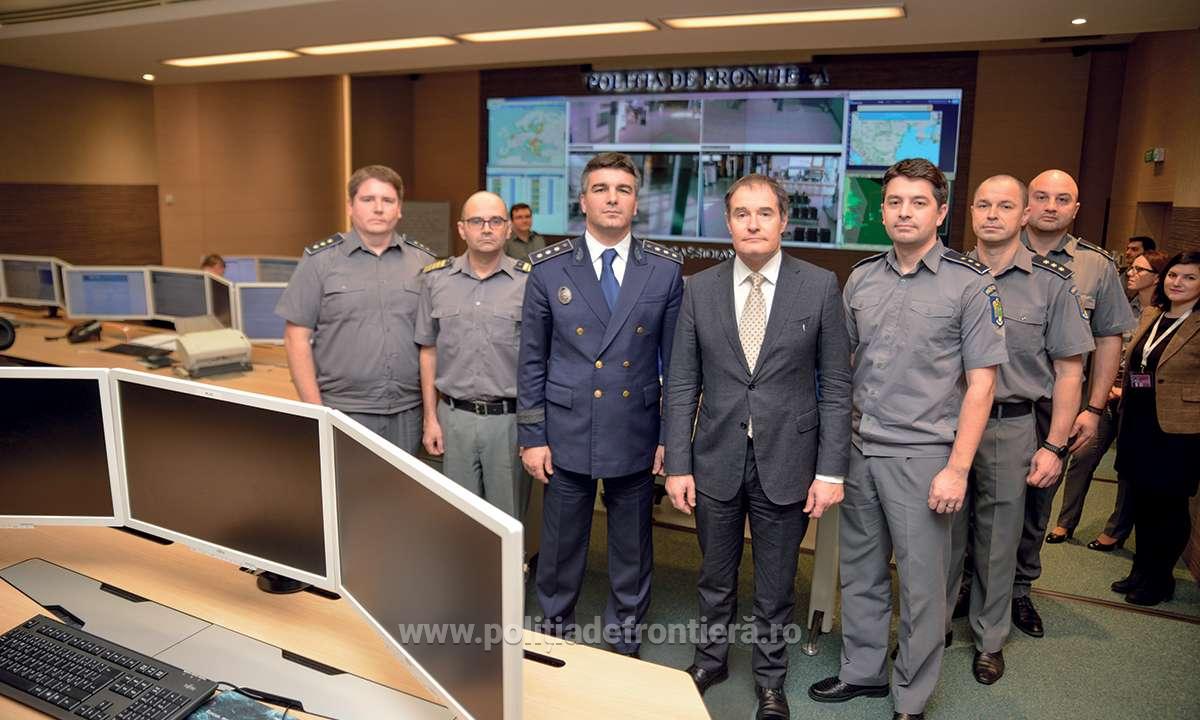
What benefits and elements of novelty should the new EBCG 2.0 Regulation bring for the Frontex Agency and the Member States?
The EBCG 2.0 will allow the Agency and competent national authorities to face the future in much better shape. We will gradually shift from the reactive and sometimes crisis mode to a much more proactive role building resilience in the national and EU layers of Integrated Border Management (IBM).
Our new modus operandi will be based on a reinforced situational awareness and sharper analysis of the EU external borders and pre-frontier area based on reinforced surveillance tools and services including Eurosur and optimal use of statistical data from large scale EU information systems. This critical information will help us not only in the deployment but already in the shaping of the proposed Standing Corps and in making best use of the increased EU funds for IBM. The implementation of the Standing Corps is an excellent opportunity to address the operational capacity gaps of both Agency and competent national authorities, see our VA findings.
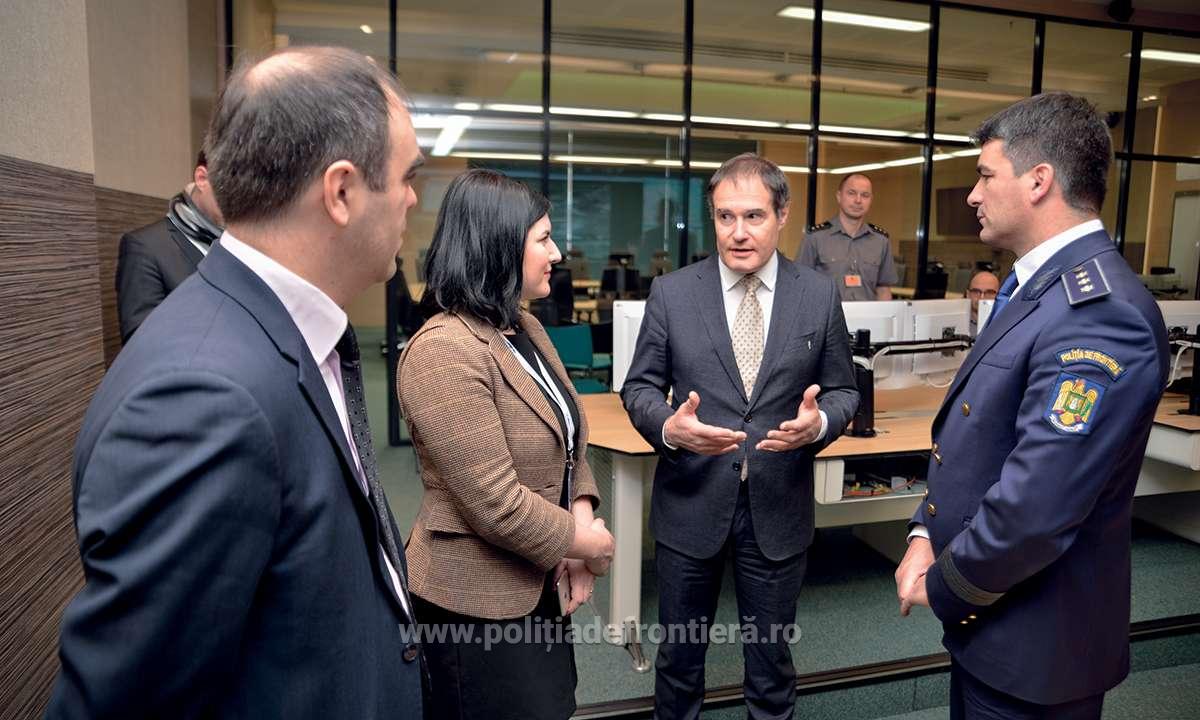
What are the Agency’s expectations regarding the implementation of the new operational strategy at the level of Member States?
At the heart of European Integrated Border Management is the European Border and Coast Guard, which is tasked to implement it as a shared responsibility of the Agency and of the national authorities responsible for border management, including coast guards.
The European Border and Coast Guard ensures national and international coordination and cooperation among all relevant authorities and agencies involved in border management and trade facilitation to establish effective, efficient and integrated border management at the external EU border, in order to reach the objective of open, but well controlled and secure borders.
Member States are now to develop concepts on how to ensure the management of the external borders in their interest and in the interest of all Member States in line with EU law.
Frontex will translate the actions stipulated in the strategy into real activities supporting the application by reinforcing, assessing and coordinating the actions of the Member States in the implementation of those measures and in return.
The common goal is a comprehensive, coherent, updated and dynamic European Integrated Border Management, where Member States and Frontex cooperate as one community to the highest extent aiming at facilitating orderly border traffic and successfully combating all forms of cross-border crime, preserving and protecting the common area of Freedom, Security and Justice.
What can you tell us about the new border police corps that is about to be set up?
The standing corps will allow Frontex to provide much more pro-active support to Member States at the borders. This certainly means the ability to provide support in the time of crisis, but also more regular help in more busy times at specific BCPs. The implementation of the Standing Corps is an excellent opportunity to address the operational capacity gaps of both Agency and competent national authorities.
The standing corps will consists of four categories: Frontex operational staff deployed in operations, operational staff seconded from Member States for the long term, operational staff provided for a short term and a reserve for rapid intervention.
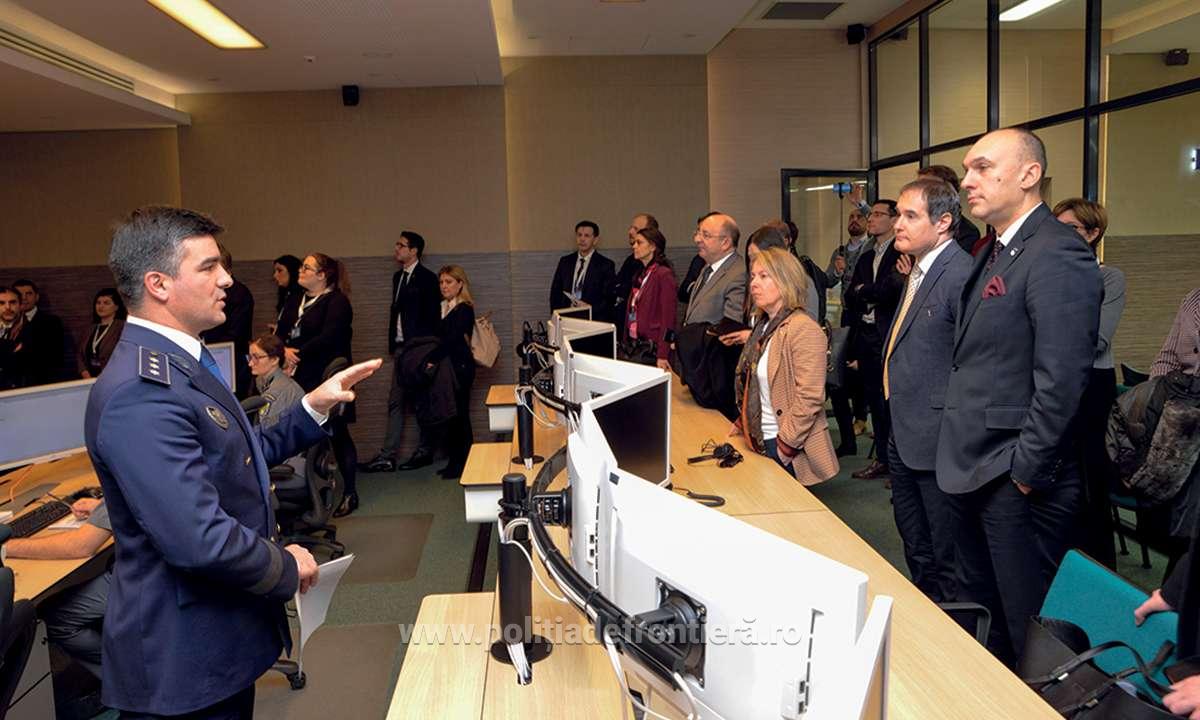
What technical means does the Frontex Agency intend to acquire in the future?
We are about to introduce first patrol cars leased by Frontex into our operations. This is a large step towards Frontex owning or leasing the large equipment, such as cars, planes and even vessels that will be used in the Agency’s operations. Our new regulation and larger budgets will make this possible.
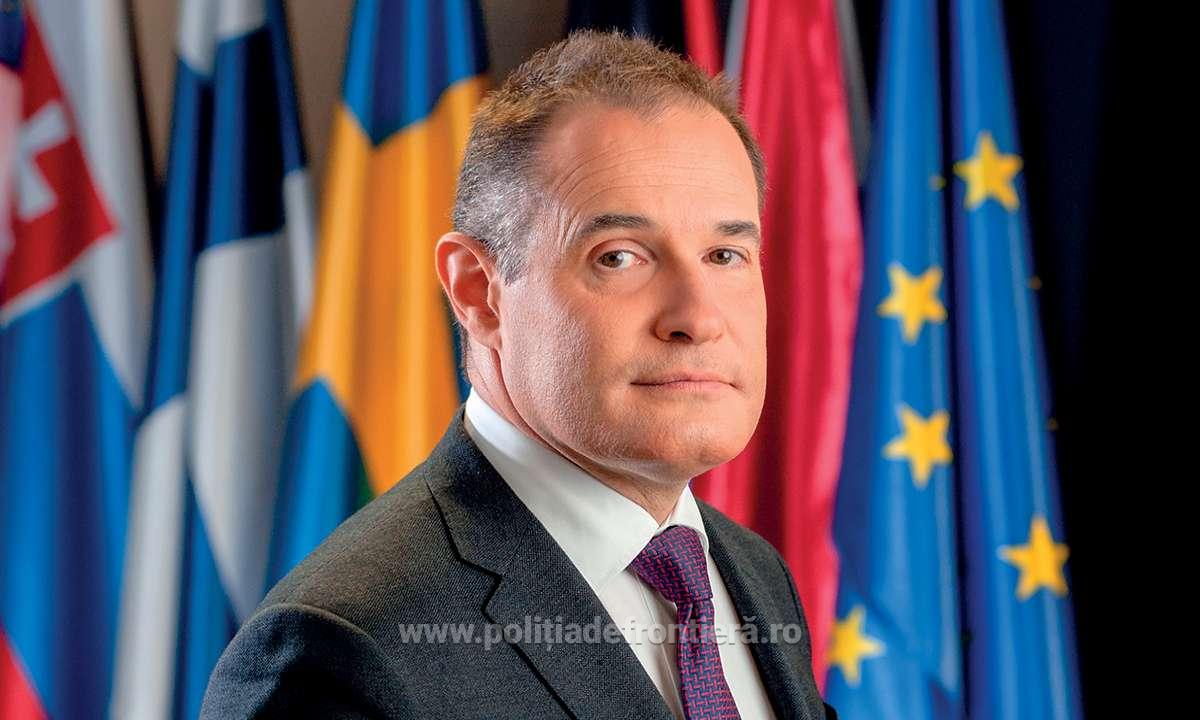
How do you view the added value that liaison officers bring in third countries? What about in Member States?
Frontex has continued to expand its cooperation with countries outside the EU in the field of border management. We’re about to launch our first operation outside the EU next month, when we will deploy officers in Albania.
Such cooperation is a key component of integrated border management. Liaison officers play a crucial part in this cooperation, representing Frontex on the ground, not thousands of kilometres away.
The 11 officers Frontex deploys to Member States enhance the cooperation between the Agency and national authorities responsible for border management, returns and coast guard functions in 30 EU Member States and Schengen Associated Countries. They contribute to the monitoring of border control measures and play a crucial rule in the regular vulnerability assessment conducted by Frontex.
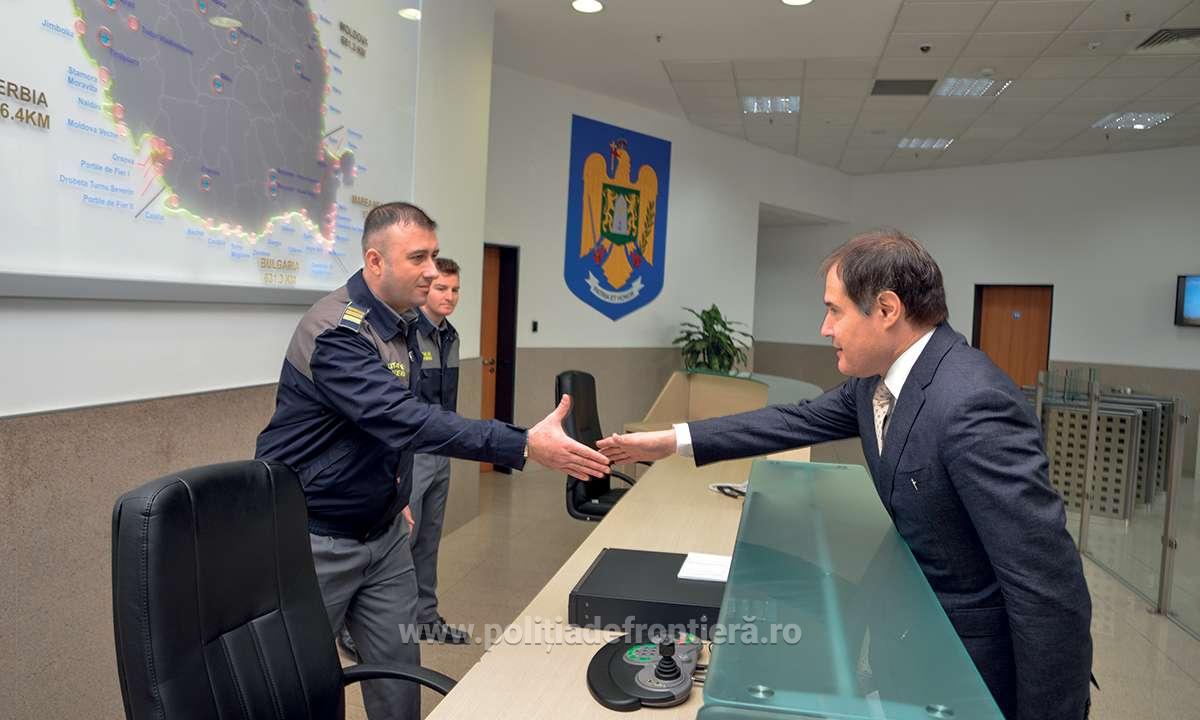
How do you foresee the medium-term development of the Frontex Agency?
In the coming years, Frontex will continue to grow and become a much more operational agency, even better prepared to assist Member States in various forms thanks to the standing corps of 10.000 officers. This is certainly the most important change on the horizon, but not the only one. Some of these officers will be responsible for the functioning of ETIAS Central Unit. ETIAS, or the European Travel Information and Authorisation System, will provide a framework for granting authorisation to travellers who do not need a visa to visit the currently 26 countries that make up the Schengen area. Frontex will also play a more significant role in the area of returns.
A lot awaits Frontex and we will need the backing from Romania and other Member States to meet this challenge. I often hear Romanian in the halls of our headquarters in Warsaw and see many Romanian officers when I visit our operations at the EU borders. I am grateful for all the support.
I would like to take a brief moment to speak directly to the officers of the Romanian Border Police. Dear colleagues, many of you have taken part in Frontex operations at Europe’s sea, land and air borders. You are not only helping to protect Romania’s borders, but you are showing European solidarity by helping to keep EU borders secure, as well. I spoke to many of you in places like Greece and Italy during my visits to the Frontex operational areas. I thank you for all your hard work and effort. Together, we are making Europe safer. As Frontex grows and becomes even more active in the coming years, we will continue to depend on your commitment to the European ideals.
